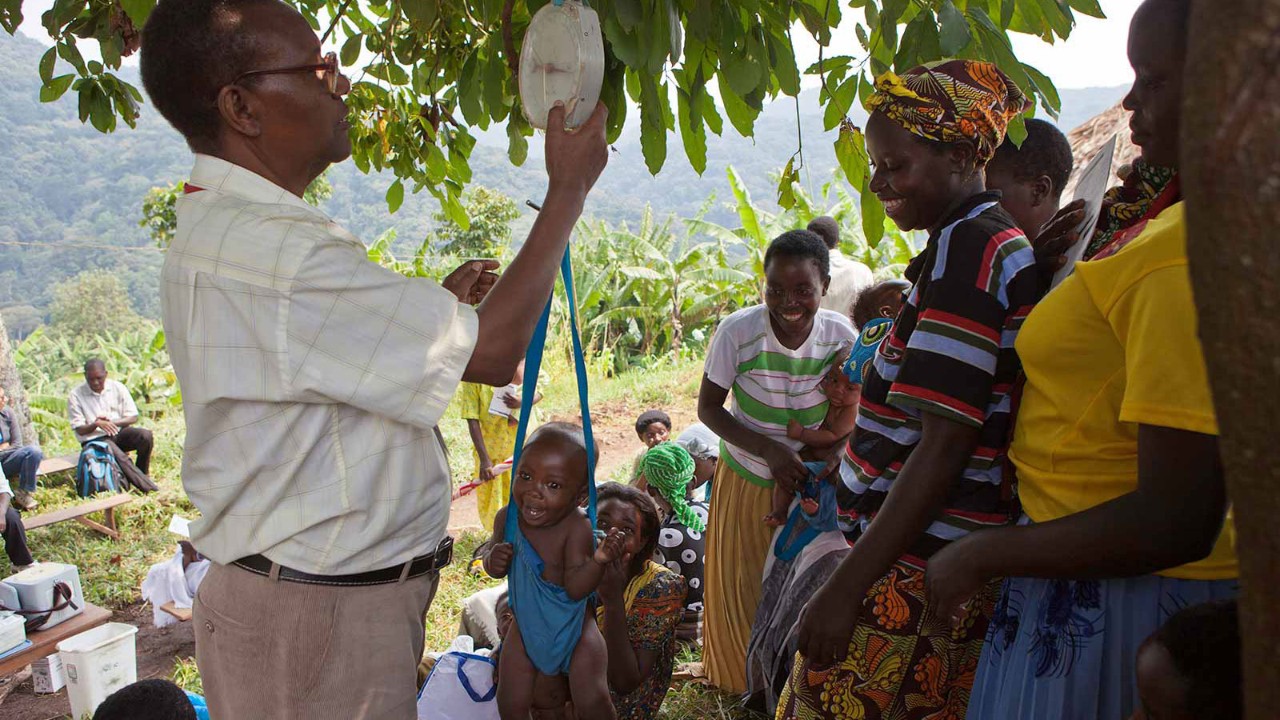
Environmental, social and governance (ESG) performance targets and reports have been part of mainstream organisational life for some time. Even those operating in emerging markets now include such measurements within their wider key performance indicators (KPIs). But drilling down further into what is meant by ESG reveals disparities between the three component parts and how accountants address them.
Governance has always been part and parcel of the accountant’s role, and the environment has been on the agenda for many years now. But ‘social’ is a less easy concept to quantify. Should accountants be measuring human resource policies, such as gender and ethnicity, wage disparities and recruitment targets? Should they be looking at the wider impact that their organisations have within the local or regional community, how they are supporting workers’ families and whether the organisation’s impact on the local community is sustainable?
‘Our staff are the most valued asset of the organisation’
Valuing people
One organisation that is working hard to promote the values of ESG is the Infectious Diseases Institute (IDI), a non-governmental organisation based in Uganda that aims to strengthen health systems in Africa through research and capacity building. ‘This is already speaking volumes on the social aspects of ESG,’ says Susan Lamunu Shereni FCCA, IDI’s head of finance and administration and ACCA Uganda’s CFO of the Year in 2022. ‘But our staff are the most valued asset of the organisation, and staff wellbeing is critical for our management team.’
Humanising growth
The Institute for Real Growth and Oxford Saïd Future of Marketing Initiative recently published the findings of a global study that identifies best practices on how businesses switch from shareholder primacy to value creation for all stakeholders. The study identifies ‘humanised growth’ as a business model that seeks to benefit employees, consumers, the community and the environment, as well as investors.
The study, in which ACCA participated, found that 90% of leaders at overperforming businesses approached stakeholder value creation as a business growth opportunity, in contrast with only 50% of leaders at underperforming businesses. Furthermore, 71% of leaders at overperforming businesses reported that purpose guides their decision-making, compared with only 7% of those at underperforming ones.
When asked whether stakeholders are represented in their decision-making, 69% of leaders at overperforming businesses said that they were, but only 3% of those at underperforming businesses said the same.
‘No sustained corporate growth is possible without addressing these key stakeholders’ needs,’ said Angela Ahrendts, a former senior vice president of retail at Apple and former CEO of Burberry, and a member of the study’s advisory board.
Lamunu Shereni says that as well as benchmarking salaries, the organisation places emphasis on staff safety as a key measure, given its area of operation, alongside inclusion and diversity. ‘Our pay is not based on gender; it hinges on the value you bring to the table,’ she says. ‘We are keen to ensure that this is known across the organisation and that it is implemented. And we ensure that it is in our policies, communicated to staff, stakeholders, funders and board, as well as the governments with whom we work.’
Inclusive programming
The social aspect of IDI’s work is clearly demonstrated through its programmes, aimed at strengthening health systems, protecting young girls by improving their financial literacy and socio-economic empowerment, and helping orphaned and vulnerable children. It also works with the Ugandan government to help it achieve its priority of containing and eradicating TB.
‘We are transitioning to integrated reporting and are still learning from feedback’
Targets are set by IDI’s funders and measured through data and staff surveys, with the results reported through an annual integrated report, which combines financial and non-financial results. The latest report, for 2022/23, shines a spotlight on the work and achievements of the institute, such as the impact it has had on training and capacity development, alongside other metrics such as diversity and inclusion.
‘We are transitioning to an integrated reporting framework and are still learning from feedback,’ Lamunu Shereni says. ‘We are careful not to disclose certain information because of the sensitivity of what we do, which could directly impact the communities that we serve.’
Lamunu Shereni says that the organisation has benchmarked its report against the International Federation of Accountants’ framework and is also looking to align with the Global Reporting Initiative’s framework.
Financial vs social
However, looking more broadly, there is a feeling that managers can be incentivised by short-term financial targets, which could be at odds with longer-term social goals, such those spelt out in the oft-quoted UN’s Sustainable Development Goals. ‘Social aspects are often included in wider ESG reports,’ observes Atif Mirza FCCA, head of finance for Airbus in Saudi Arabia. ‘There is a framework there, but it is a form of self-assessment.’
‘Organisations need to give back to the communities from where they extract their human capital’
That said, Mirza agrees that ‘social washing’ is not easy to hide. ‘The social indicators will speak for themselves,’ he says. ‘And it is a business need – if you are not thinking about social reporting then you will lose out.’
Clive Webb, head of business management in ACCA’s policy and insights team, says that, ultimately, the way a business or organisation addresses social issues, and reports on them, will govern its ‘social licence’ to operate in the wider community.
‘Organisations need to give back to the communities from where they extract their human capital,’ he says, pointing to the concept of what constitutes a ‘good job’ – one that is not just about monetary reward, but also about social interaction and work/life balance. ‘Unless organisations are able to provide that, they could face difficulties.’

